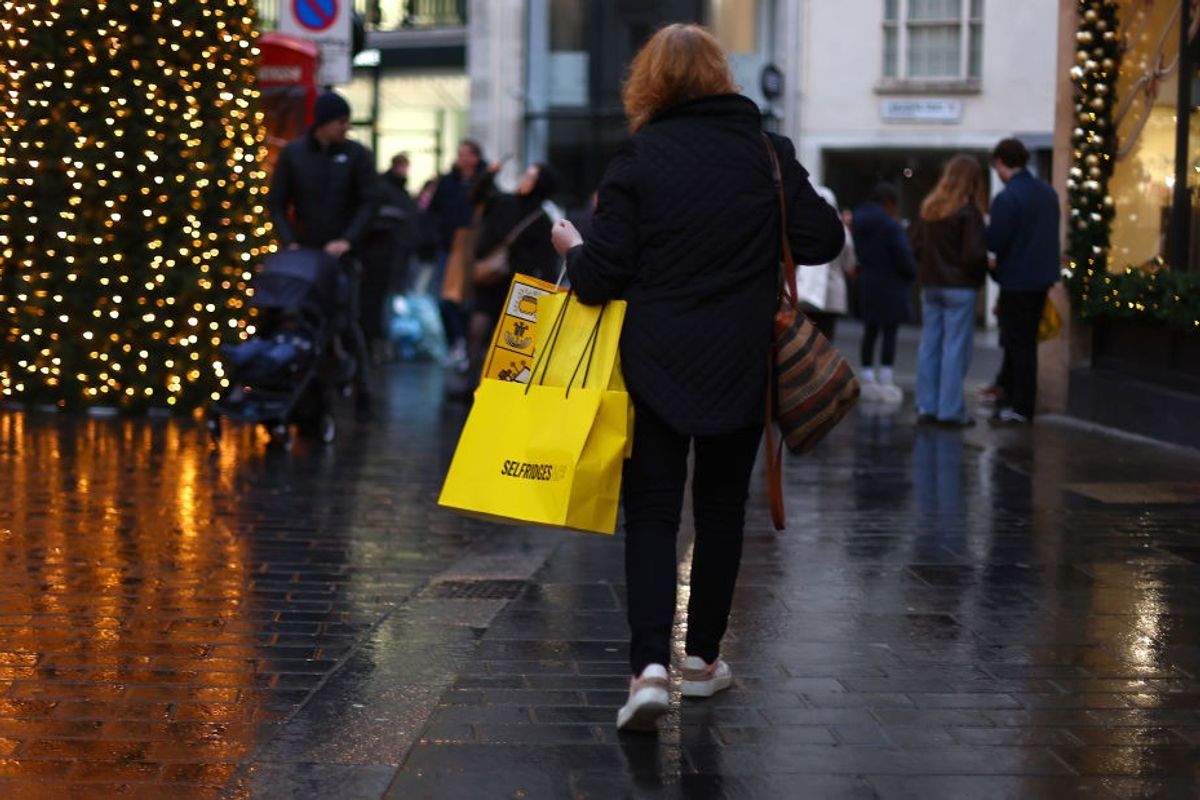Total Till sales growth slowed at UK supermarkets (+3.2%) in the last four weeks ending 28 December 2025, down from 3.7 per cent in the previous month, according to new data released today by NIQ.
After a slow start to December 2024, food sales rallied in the final three weeks leading up to Christmas, with sales hitting £14.6bn, helped by intense discounts and increased promotional activity.
“In the last four weeks we've seen the highest levels of promotions in the last three years, with 27 per cent of all FMCG sales being purchased on promotion, with branded promotions at 37 per cent of sales,” Mike Watkins, NIQ’s UK Head of Retailer and Business Insight, said.
“This has no doubt helped to boost purchasing over the Christmas period. In particular, this was led by Tesco and Sainsbury’s where promotional spending on FMCG increased to 35 per cent and 34 per cent respectively as these retailers engaged shoppers with big loyalty app savings.”
NIQ data reveals over the last four weeks, in-store visits were up 8 per cent helping in-store sales to increase 3.6 per cent on this time last year. This came at the expense of online where sales fell -1.7 per cent with online share falling to 11.9 per cent from 12.5 per cent a year ago. The timing of Christmas Eve will have given a boost to stores with Monday 23 December the peak shopping day.
Despite the decrease in online share of sales, Ocado (+13.9%) was the fastest-growing retailer over the last four weeks, while the discounters were the fastest-growing channel (+5.5%). Aldi and Lidl’s combined market share increased to 16.3 per cent, up from 15.8 per cent a year ago.
In contrast, trading over the last four weeks was more challenging for the convenience channel (+2.4%).
Moreover, Tesco (+4.5%) grew market share, with Sainsbury’s (+3.1%) holding market share with both retailers seeing strong increases in visits and new shoppers. Marks & Spencer momentum continued (+6.8%) and this resulted in its highest ever market share of 4.8 per cent on record.
NIQ data shows that in the last four weeks, shoppers put fewer items in their baskets, with an average basket value of £21.95, down 4.9 per cent compared to last year. This suggests that shoppers are still bearing the brunt of the high cost of living. This is despite dissipating food inflation at 1.8 per cent compared to 7.8 per cent a year ago.
“Overall, it was a good Christmas for most food retailers with sales growths in line with the expectations that had been set in the last three months,” Watkins noted.
“The topline growths were helped by the return of low inflation but also by shoppers being inclined to buy more in the final week leading up to Christmas Eve. However, shoppers still had to spend more money this year on household bills before buying Christmas indulgences and this may have taken the edge off the growth in some other categories such as alcohol and also household.”
With shoppers purchasing items to celebrate the festive season with family and friends, NIQ data shows that there was a significant boost in sales for sushi (+20%), olives and antipasti (+10%) as well as chilled bread (+12%), nuts (+10%) and fresh and frozen fruit (+10%).
There was also strong growth across the major supermarkets for fresh produce (+7.4%), bakery (+4.8%) and soft drinks (+3.6%). Sales for meat, fish and poultry also fared better than the same period last year - with value growth up 4.4 per cent and 2.1 per cent in unit growth. Confectionery also did well with 13 per cent value growth and 5.5 per cent unit growth. Health and Beauty also performed well at 6.3 per cent.
NIQ data also shows that sales for beers, wines and spirits fell flat with sales weakening to -1.6 per cent value growth and -1.3 per cent unit growth. However, sales rose for stout (+13%), maybe influenced by the challenges around draft supply of Guinness to pubs.
“Looking ahead to 2025, we expect shoppers to keep managing their budgets by shopping smart and shopping around for wherever the savings are the most attractive,” Watkins said. “This means that shopping ‘little and often’ will continue with omnichannel shopping becoming an even bigger consumer trend across the industry.”


